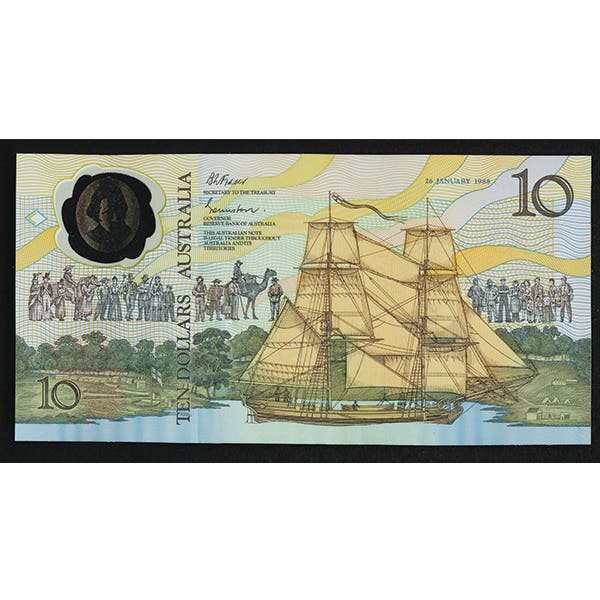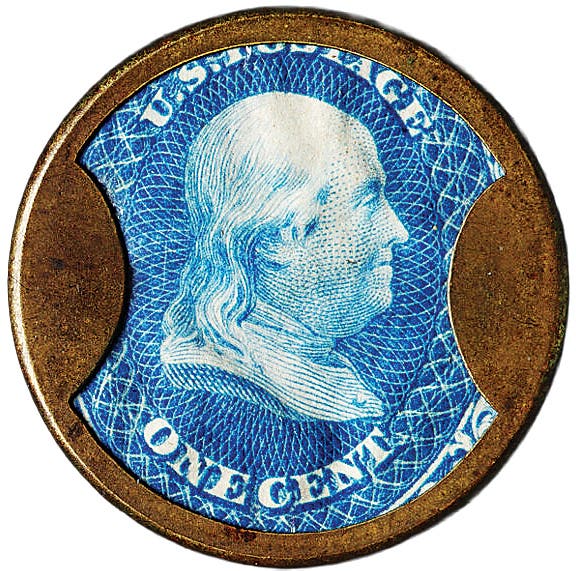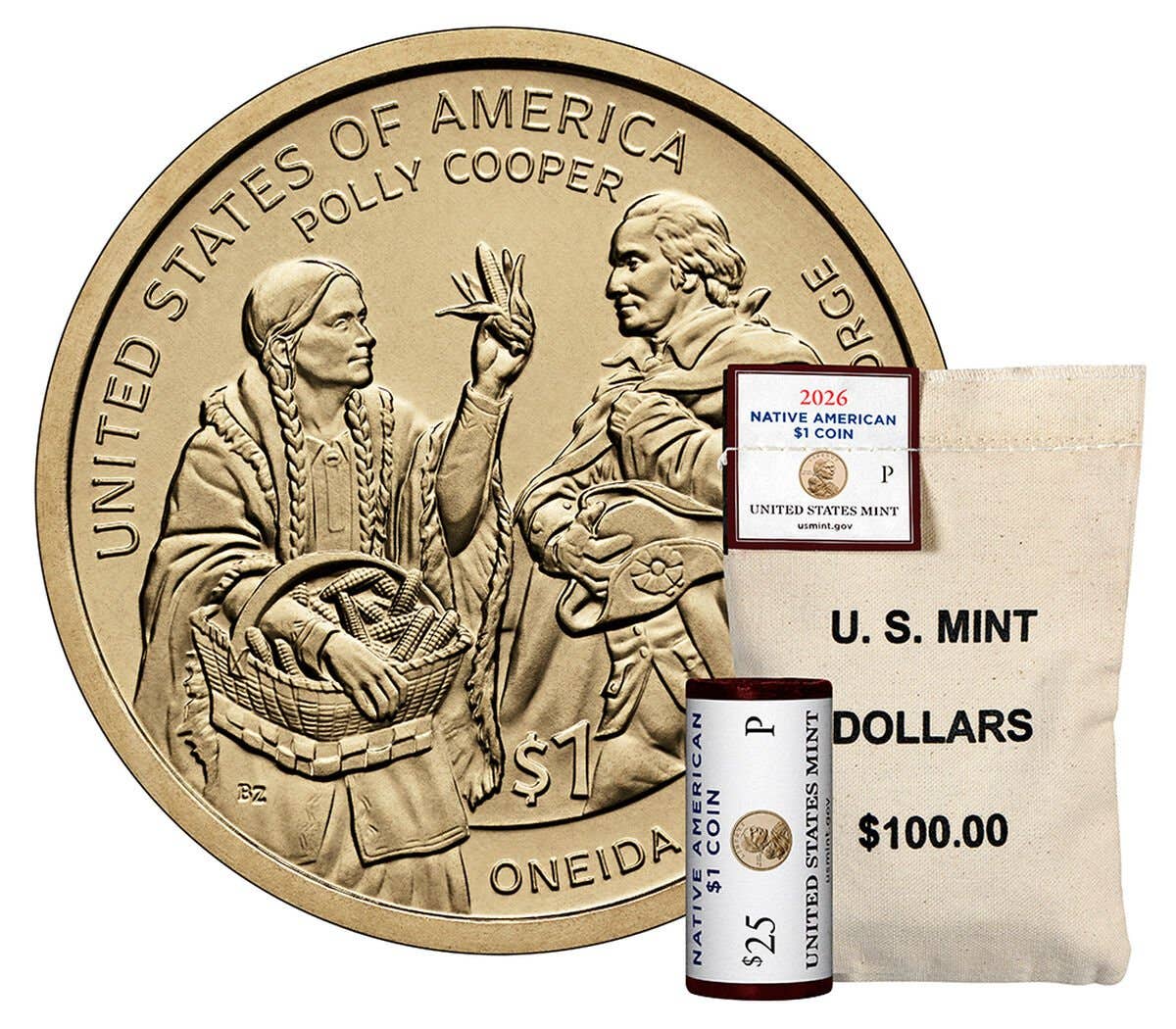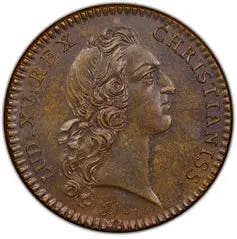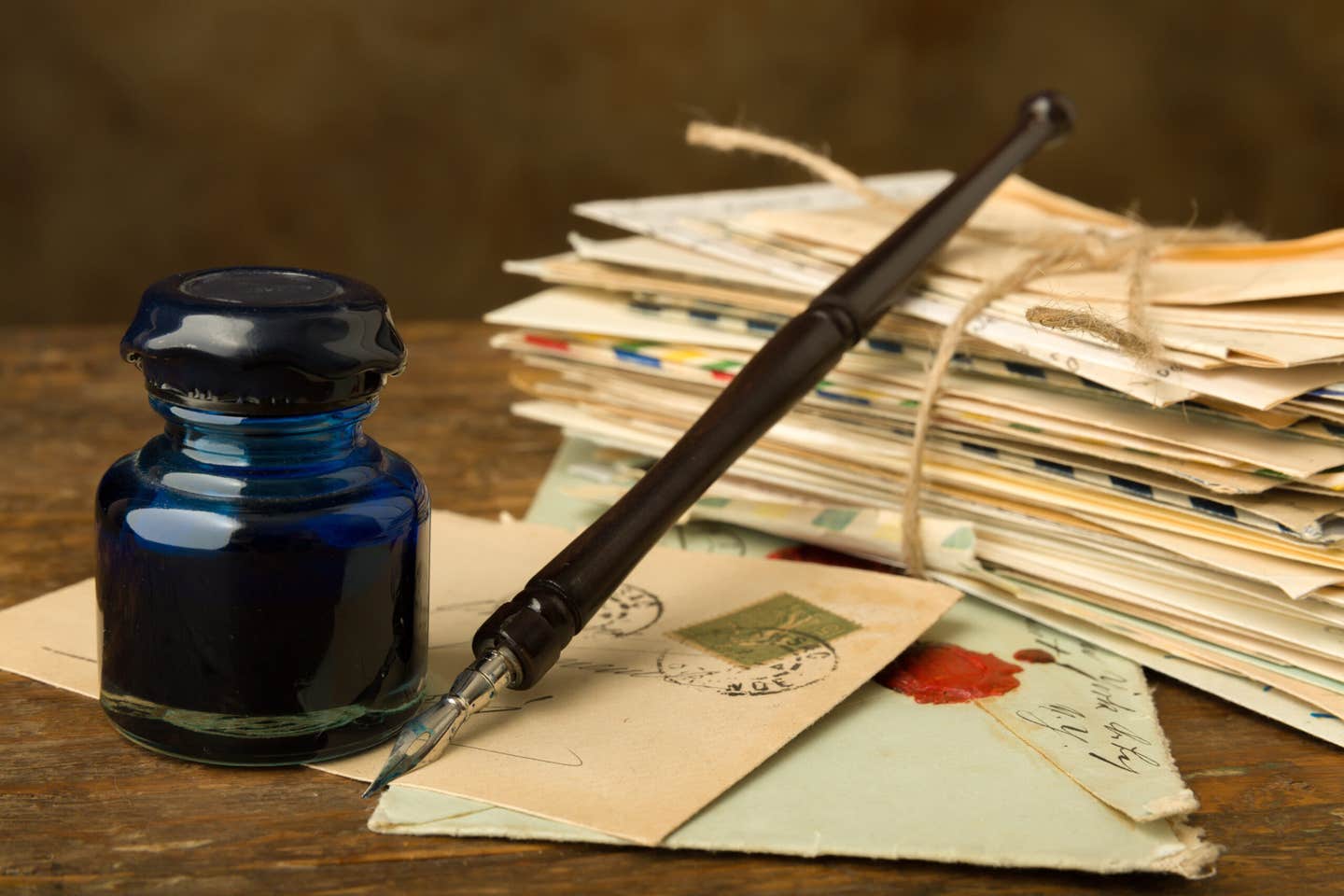Coin Clinic: Use auction catalog, but also view coin
Can I rely on the descriptions in an auction catalog when I plan to bid in that sale?
By: Richard Giedroyc
Can I rely on the descriptions in an auction catalog when I plan to bid in that sale?
An auction house wouldn’t stay in business very long if it described the auction lots incorrectly on purpose. Auction houses strive for accuracy in their auction catalogs, however it is still wise to attend the pre-auction viewing where possible. Bidding on lots in an auction using the auction catalog as your only tool is like purchasing coins by mail sight unseen. Even if the coins have been graded by a reliable third-party certification service there is always room for interpretation of what you are considering buying.
Why do the major coin auction companies continue to print hard copy auction catalogs rather than just post the auction lots online?
Many potential bidders with a considerable amount of discretionary money are older and may not like to use computers. A hard copy auction catalog is also important to many of the collectors consigning their prize coins to an auction. Yet a third reason to publish these hard copy catalogs is so the catalogs kept by people following the auction will serve as a marketing tool through which the auction house can get its name exposed to potential future consignors.
I was recently told by a dealer my short snorter bank note autographed during World War II has only modest value. What would make a short snorter more valuable?
Short snorters have added value when either they are signed by some well-known person or when the information on the note helps tell a story.
As an example, I have seen a note signed by an individual who identified his unit, his rank, the date the note was signed, and that he was a guard at a Prisoner of War camp in South Korea during the Korean Conflict. Research indicated the POWs rioted at this camp. President Harry Truman ordered the riot be put down with machine gun fire.
I’m skeptical about the sales pitch I recently heard about sleepers. Can you give me any advice?
I’m not in the habit of giving advice regarding which coins to purchase or which coins may increase in value, but I would be cautious when considering buying a coin because someone else says its undervalued. You have to reach that decision on your own based on logic, not because someone encouraged you to think that way.
When coins appreciate in value there is a reason why. This reason could be that the bullion value of the coin increased. It might be due to a new found interest among collectors that wasn’t previously there.
Coins suggested to be sleepers are typically those coins that appear logically to be undervalued when reading raw data such as mintage figures. Supply and demand are the true keys. What is the surviving supply? (Some low mintage coins were saved in quantities at the time they were minted. Hoards of some coins are discovered at some later date.) Is there sufficient demand? If there isn’t sufficient demand, does it appear this demand will expand at some later date due to publicity directed at the issue?
Is it wrong for me to approach coin collecting as a way to make money rather than as a hobby?
Investing and coin collecting as a hobby are two different things. An investor purchases with the sole purpose of reselling for a profit. A collector collects for the pleasure of ownership.
This doesn’t suggest a true collector shouldn’t be concerned with protecting the money he has put into his collection, but his primary goal is ownership, not appreciation. A true investor is ready to sell either when a profit is there to be realized or the loss can be useful for tax purposes.
You need to be honest with yourself. Are you willing to sell when there is a reasonable profit on the table? If not, you are a collector, not an investor.
Can you define “rare?”
The two most challenging collector terms to define are “old” and “rare.” Both are in the eye of the beholder. To many of my non-collector clients selling a deceased relative’s accumulation anything older than themselves is old and rare. Since I am aware coins were invented ca. 600 B.C., to me the definition of old is quite different. I would suggest the perception of rarity may be based on what is beyond someone’s financial ability to acquire it. I invite readers to find a better definition and send it to me.
How can I tell if someone buying coins in a hotel is offering fair value?
The only way to tell is either by testing the buyer with something you bring or learning of the individual’s reputation, just as you would with a traditional coin dealer in a brick and mortar storefront. Anytime someone publishes advertisements to buy with ridiculous prices you “may” receive, this should be recognized as a red flag. If the advertisement tells you where to visit that individual but fails to name the company, its home address, or its phone number (not the hotel’s phone number), I would treat this as an even bigger red flag.
Why would the general public go to a hotel buyer rather than to a coin dealer to sell what they have?
Both established coin dealers and experienced collectors have scratched their heads over this one. If there is a local coin dealer who has been in business for years, why would anyone go to a fly-by-night buyer in a hotel instead? If you don’t go to your local coin dealer, why not go to a well established local jeweler?
Full-page ads in local newspapers suggesting you may have instant wealth in your attic or basement are a big draw. Greed may also play a part in this decision.
More Coin Collecting Resources:
• August special – only 25 available! Order your 2013 Yellow-Bellied Sea Snake Coin Set today!
• Buy new coin price guides, get the ebook free! Learn more.
• IT’S HERE! Order the 2014 North American Coins & Prices.
• Get the 2012 Coin of the Year – limited quantities remain!
• See what guides and supplies our editors recommend for keeping up with your collection.




